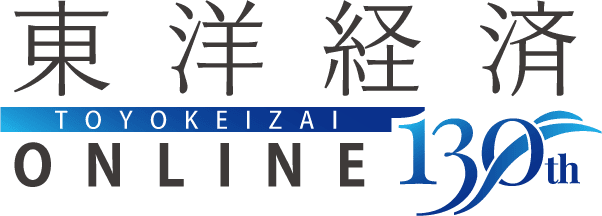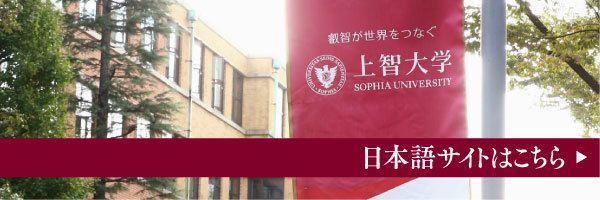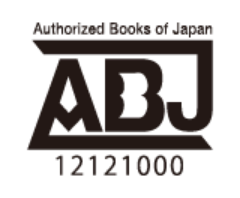Sophia Going Global Gains at Domestic and International Conferences and Leading Overseas Universities

Study and Earn Credits Outside Japan
While Enrolled in Sophia's Graduate School
Last year, Sophia University was selected for participation in the Top Global University Project organized by Japan's Ministry of Education, Culture, Sports, Science, and Technology (MEXT). It has since stepped up its global education efforts.
One of the faculties at Sophia that is most aggressively promoting global education is the Faculty of Science and Technology. “In the second year of the 10-year project, we built the foundation for facilitating the flow of globalization,” says Professor Tetsuhiro Tsukiji, who has served as Dean of the faculty since last spring.

A typical example is a new program to be launched next April at the Graduate School of Science and Technology, which allows students enrolled at Sophia to take specialized courses lasting around two weeks at world-leading research universities outside Japan.
The Graduate School has already concluded an agreement with the Warsaw University of Technology in Poland, which offers world-class training in aircraft engineering, and will gradually increase the number of partner universities.
“Unlike study abroad programs, the new program allows students to earn credits outside Japan, so there is little negative impact on their research and job-hunting activities back home,” explains Dean Tsukiji. “Receiving the best education alongside likeminded students from around the world is a valuable experience. We are so far only providing the program at our graduate school, but would like to introduce a similar program to undergraduate courses in the future.”
Sophia's Faculty of Science and Technology is also focusing on English language education. Besides offering English classes as part of language courses, the faculty has a program for systematic study of scientific and technological English for second-year students and above. The curriculum aims to help students learn technical terms in science and technology and acquire discussion and presentation skills.
Of course, there is also an enhanced English training program of the kind only Sophia can offer, namely, short-term training abroad at partner colleges of the University of California, Davis and the University of North Carolina at Charlotte. In this program, which is specially designed for science and technology students, participants take part in research and discussion in various fields of science and technology over the course of a three- to four-week stay abroad to improve their comprehensive communication skills.





